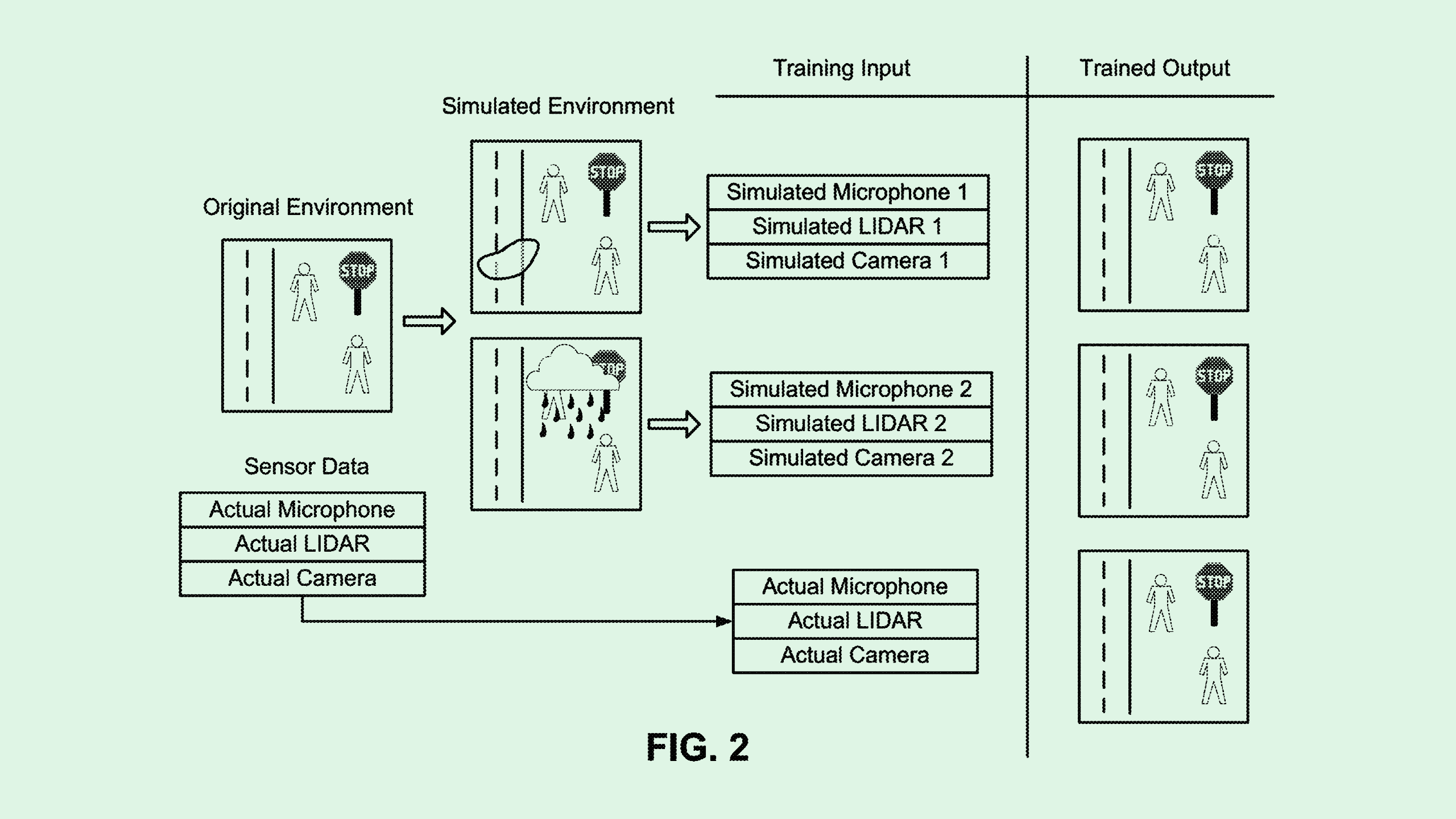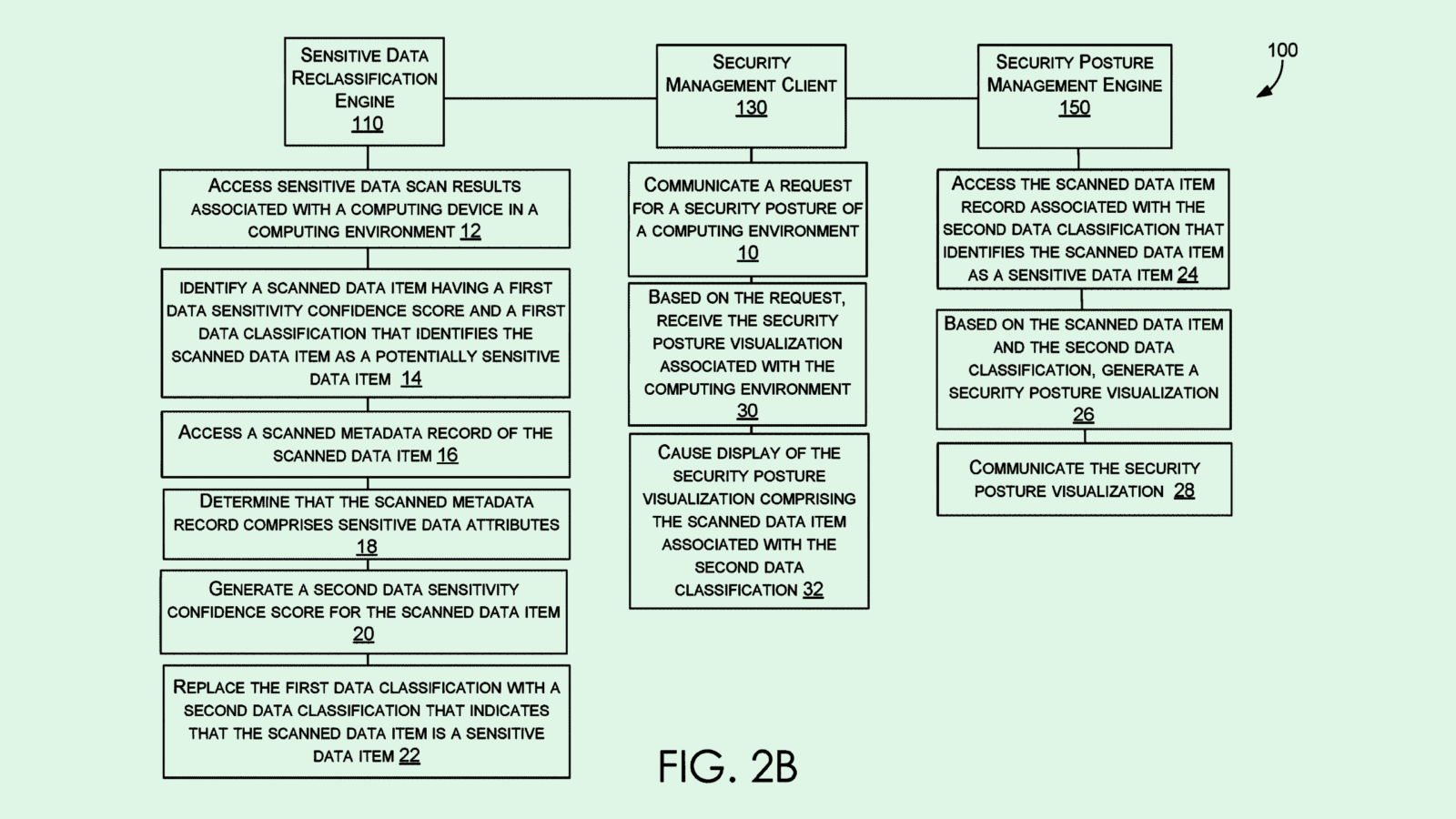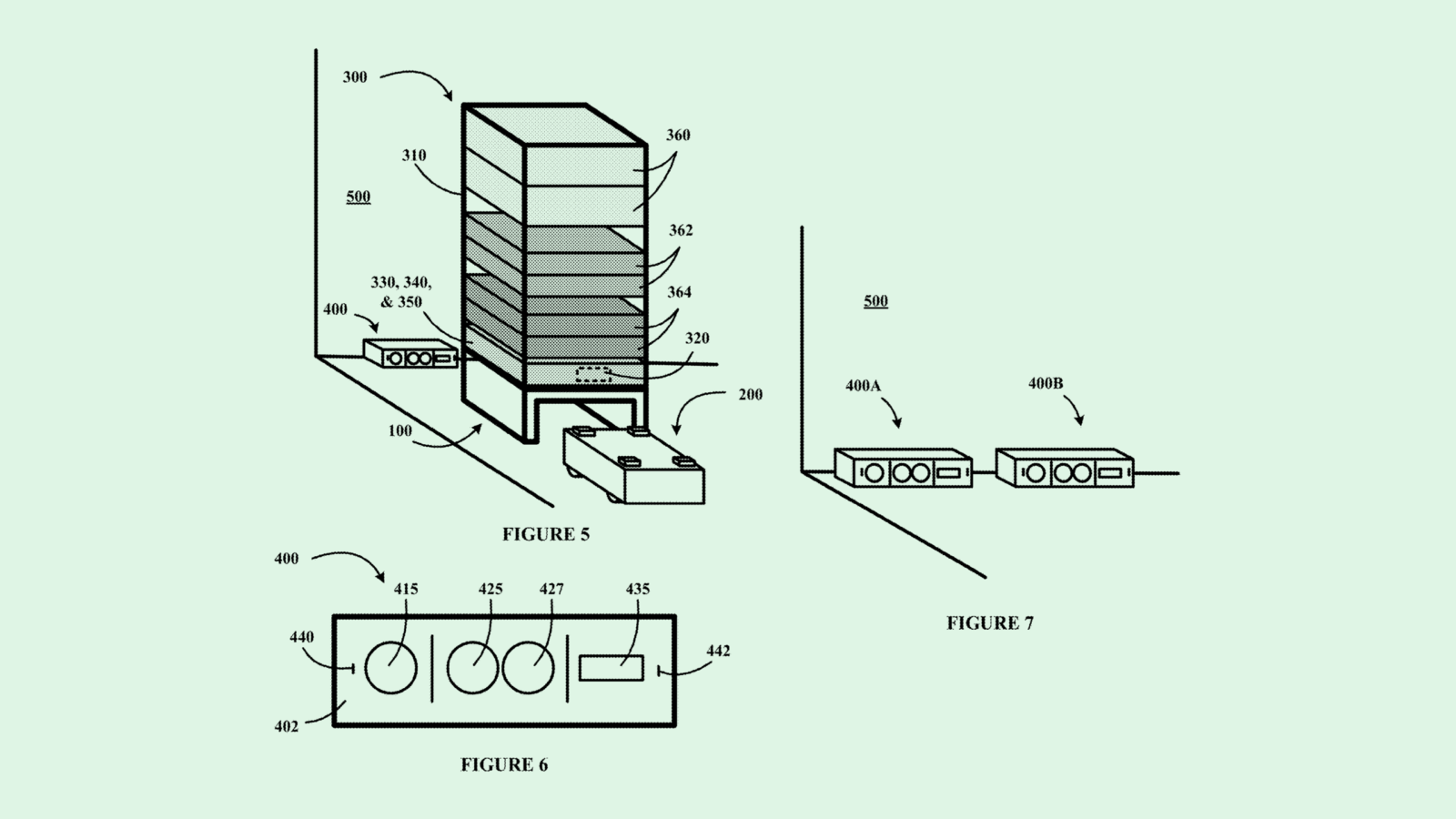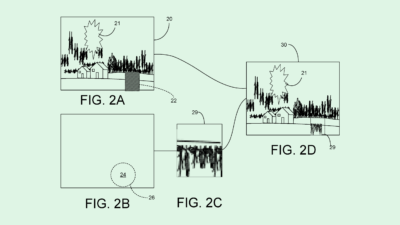Tesla Synthetic Data Patent Could Improve Self-Driving Models
Autonomy has been a part of Tesla’s vision for a long time, with its recent focus on robotaxis doubling down on the market.

Sign up to uncover the latest in emerging technology.
Tesla may be looking at ways to bolster its self-driving cars.
The automaker filed a patent application for “data synthesis for autonomous control systems.” Tesla’s tech aims to use synthetic data to provide more thorough training for its autonomous driving AI models.
“Typically, the performance of computer models improves with the amount of data available for learning,” Tesla said in the filing. “However, gathering data for training computer models is often costly and time-consuming.”
Tesla’s patent pitches two methods of creating synthetic data. First, the system can modify authentic sensor data collected in real-world simulations, such as altering road conditions, adding objects to a scene, or changing lighting. Additionally, it can generate this synthetic data from the ground up through simulating a “virtual environment.”
This data can be used for a number of purposes, including simulating scenarios that are rare in real-world environments, training for when some sensors are occluded or broken, or just simply expanding datasets for more robust training.
Synthetic data isn’t a new concept in AI training, with patents from Nvidia, Meta, IBM, and others highlighting other use cases for this method. But a patent like this makes sense from Tesla, since its high-flying ambitions for autonomous driving will likely require a whole lot of training data to ensure reliability.
Autonomy has been a part of Tesla’s vision for a long time, with its recent focus on robotaxis doubling down on the market. Given that the automaker is one of the only with a “tightly controlled vertically integrated offering,” and because of its “control over software, hardware, and data, we anticipate Tesla’s autonomy progress to emerge in multiple directions, including both AV technology and robotaxis,” said Tejas Dessai, research analyst at Global X ETFs.
“Moreover, this also allows Tesla to innovate in other forms of robotic technology, such as humanoids and industrial robots,” said Dessai.
Though Tesla has a number of advantages in the space, it also faces fierce competition. Tons of other tech firms and automakers are working on making their own self-driving cars. General Motors-owned Cruise started testing its self-driving vehicles in California September, and Ford CEO Jim Farley said this summer that the company’s nearing Level 3 autonomy in testing.
Google-owned Waymo, whose taxis are operational in four cities, reached a valuation of over $45 billion last week after its $5.6 billion funding round, according to Bloomberg. “We anticipate particularly stiff competition from Waymo, which has significantly more fully autonomous testing and has run successful robotaxi deployment in major cities, at scale,” said Dessai.











